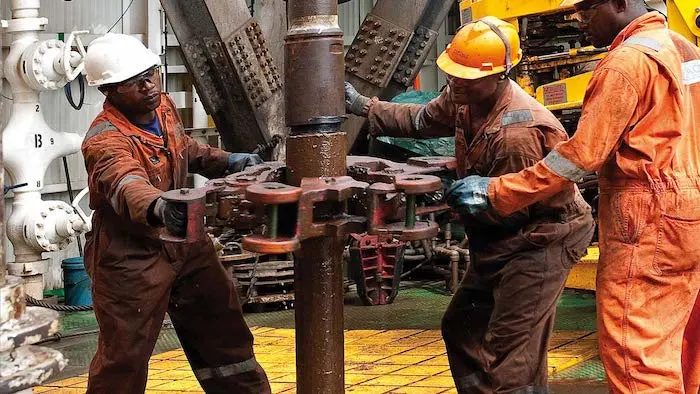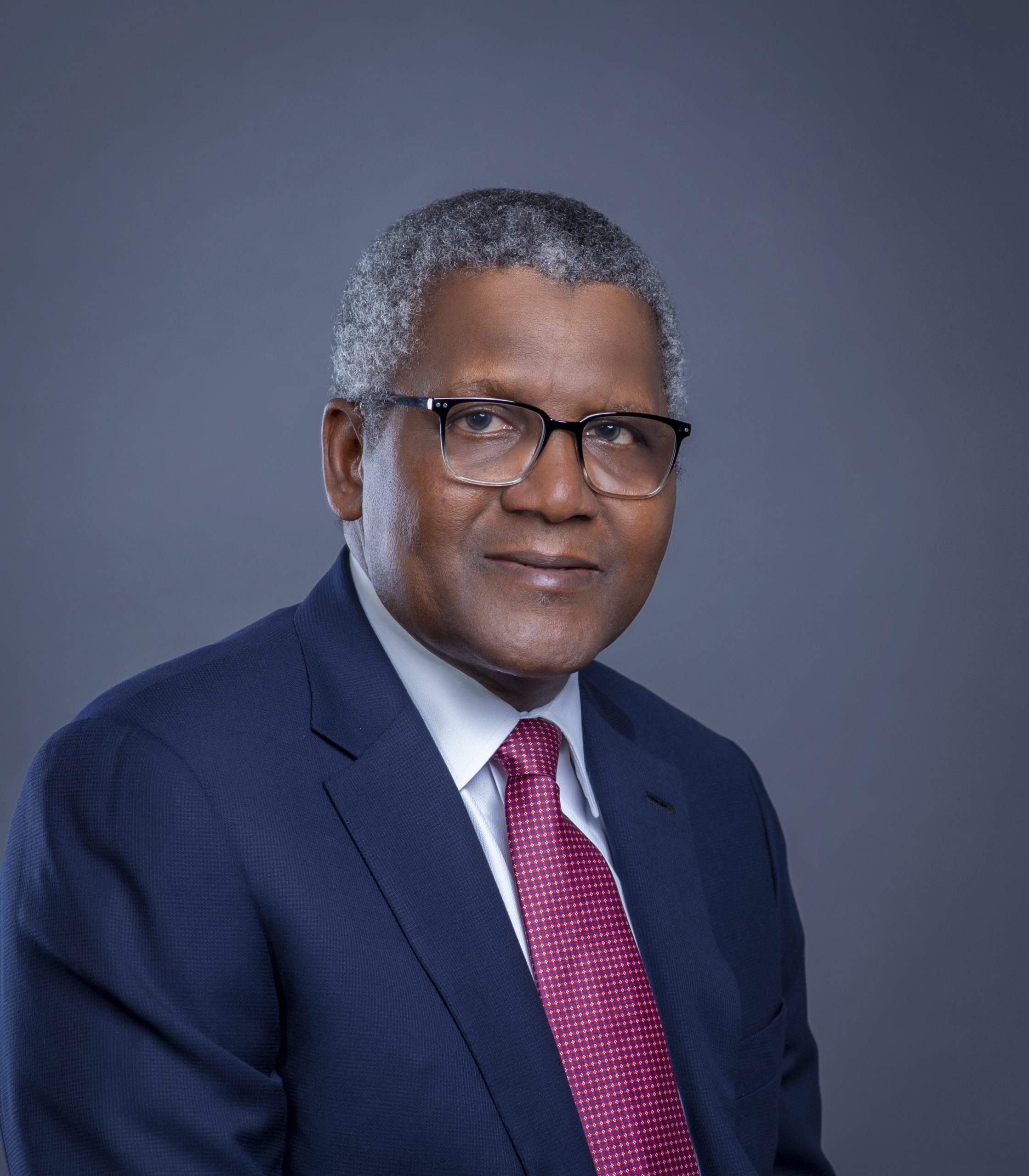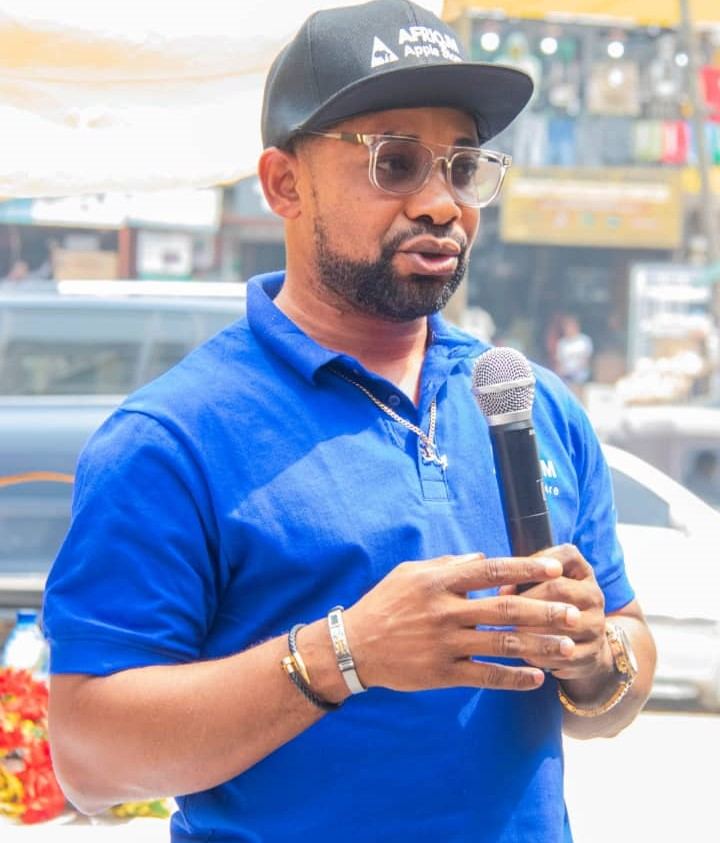Nigeria Records $2.5bn loss in July as Oil Production Falls to 1.083m bpd

The expectation that Nigeria’s current dollar crunch could subside soon has again been dashed as the country’s crude oil production remained below expectation, slumping to 1.083 million barrels per day in July.
July’s production figure, sourced from the data released by the Nigerian Upstream Petroleum Regulatory Commission (NUPRC), followed the trend in the country’s abysmally low drilling capacity in at least the last 10 months.
For the month under review, however, the country’s production allocation by the Organisation of Petroleum Exporting Countries (OPEC) was roughly 1.8 million (1.799) barrels per day.
This means that Nigeria could not produce as much as 717,000 bpd or 22.22 million barrels during July. When valued at a conservative price of $110 per barrel, the 22.22 million barrels were about $2.444 billion for the month.
While the rest of the oil-producing world and oil majors continue to enjoy high oil prices, Nigeria’s case has been different.
Though the country currently needs every dollar it can get, as pressure on the economy, due to the near non-availability of the greenback continues to mount, the slump in oil production has dashed this hope.
For months, the Nigerian National Petroleum Company Limited (NNPCL) has not been able to remit a kobo to the federation account.
The company blamed the extant subsidy payment regime as well as the massive ongoing oil theft in the Niger Delta.
In addition, Nigeria has fingered years of declining upstream investment, inability to restart oil wells shut in the wake of the COVID-19 pandemic in 2020 as well as outright sabotage by oil-producing communities for its lack of capacity to raise production.
If there’s no improvement by September, the production deficit is likely to get worse, since OPEC and its allies agreed to an increase in oil production this month, following calls by the United States and other major consumers for more supply.
In the latest round of distribution of quotas, Nigeria got a modest 4,000 bpd increase, raising its production quota to 1.830 million bpd for September as opposed to the 1.826 million bpd output it got for August and 1.8 million bpd in July.
Nigeria only managed to hit just 1.158 million bpd in the June assessment after it fell to a record low of 1.024 million bpd in the previous month of May.
In the 2022 budget, the federal government pegged the crude oil benchmark at $73 bpd with the projected oil production put at 1.88 million bpd
A recent review indicated that Nigeria produced less crude oil in the first six months of this year compared with the same period in 2020 and 2021.
It showed that Nigeria’s total of 220.016 million barrels of oil drilled in 2022, is less than the 302.4 million in 2020. That’s roughly a 27.15 per cent decrease.
The NUPRC data further showed that in the first six months of 2021, when the world had started recovering from the pandemic, Nigeria also surpassed this year’s six-month drilling total for the same period by 28.6 million barrels.
Specifically, while the country managed to produce 302.4 million barrels in 2020, it drilled 248.6 million barrels in the same period in 2021, but it quickly degenerated to 220.016 million barrels from January to June this year. That is an 11.29 per cent change between 2021 and 2022.
Of the country’s recorded 35 terminals/streams, the NUPRC data showed that Ajapa, Ima and Anambra Basin remain non-producing, while Tulja-Okwuibome started producing in 2022, after a period of dormancy in 2020 and 2021.
The new low production became worse in May when 1.024 million bpd was recorded. In June, it was 1.158 million bpd, according to self-reported data by the government, however, it has fallen again to 1.083 million bpd in July, far from the projection for the period. It was also markedly lower than the production for April, which stood at 1.219 million bpd.
Similarly, Nigeria produced 1.398 million bpd in January, 1.257 million bpd in February and 1.237 in March, according to the NUPRC data.
But despite the huge gulf between expected and actual production, the Minister of State, Petroleum, Mr Timipre Sylva, had recently said the gap would be filled by this August.
Sylva’s comment came after similar assurances by the Group Chief Executive Officer, NNPCL, Mallam Mele Kyari, that the country would drill enough oil to cover the deficit by December last year.





 Business6 months ago
Business6 months ago
 celebrity radar - gossips4 months ago
celebrity radar - gossips4 months ago
 celebrity radar - gossips4 months ago
celebrity radar - gossips4 months ago
 Business3 months ago
Business3 months ago






